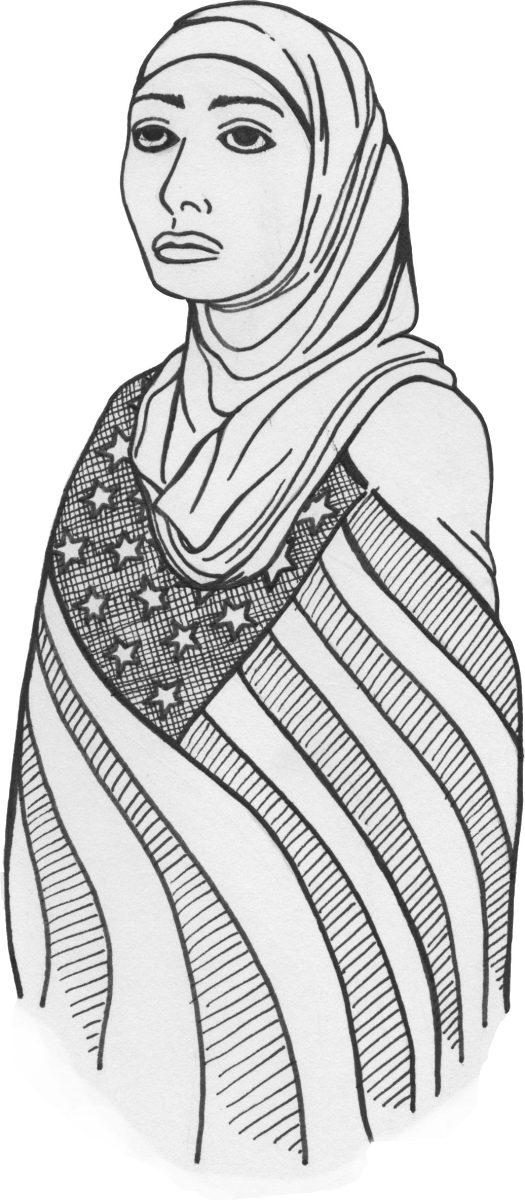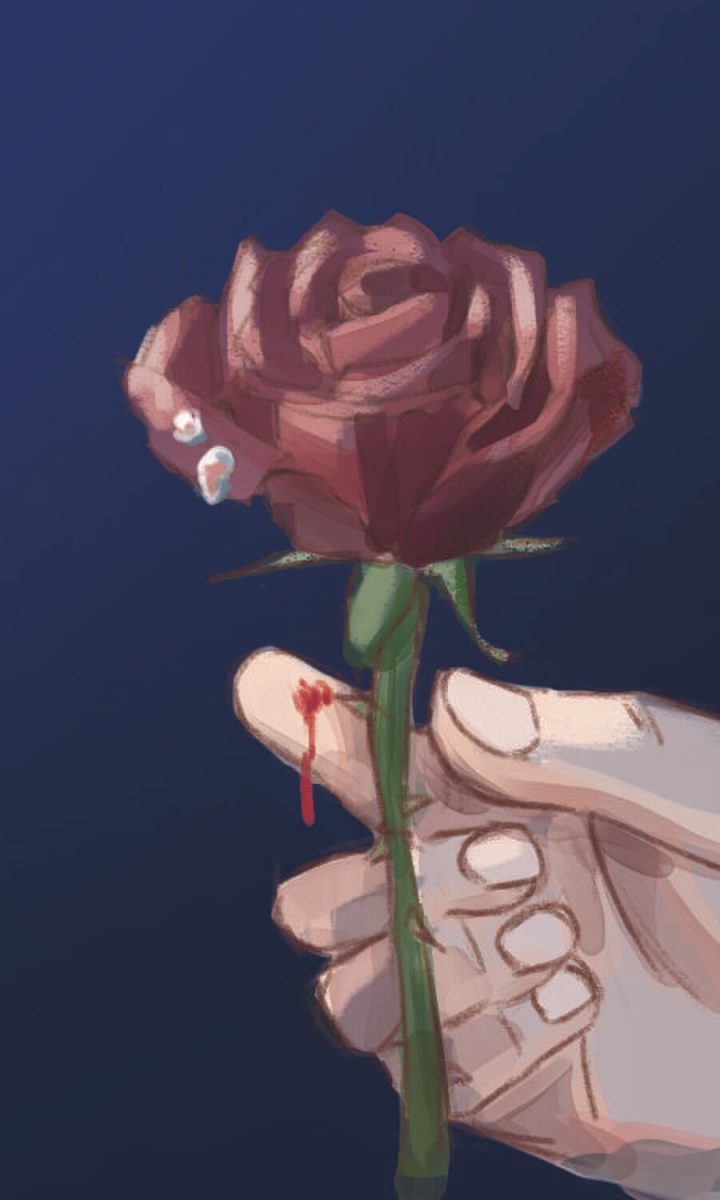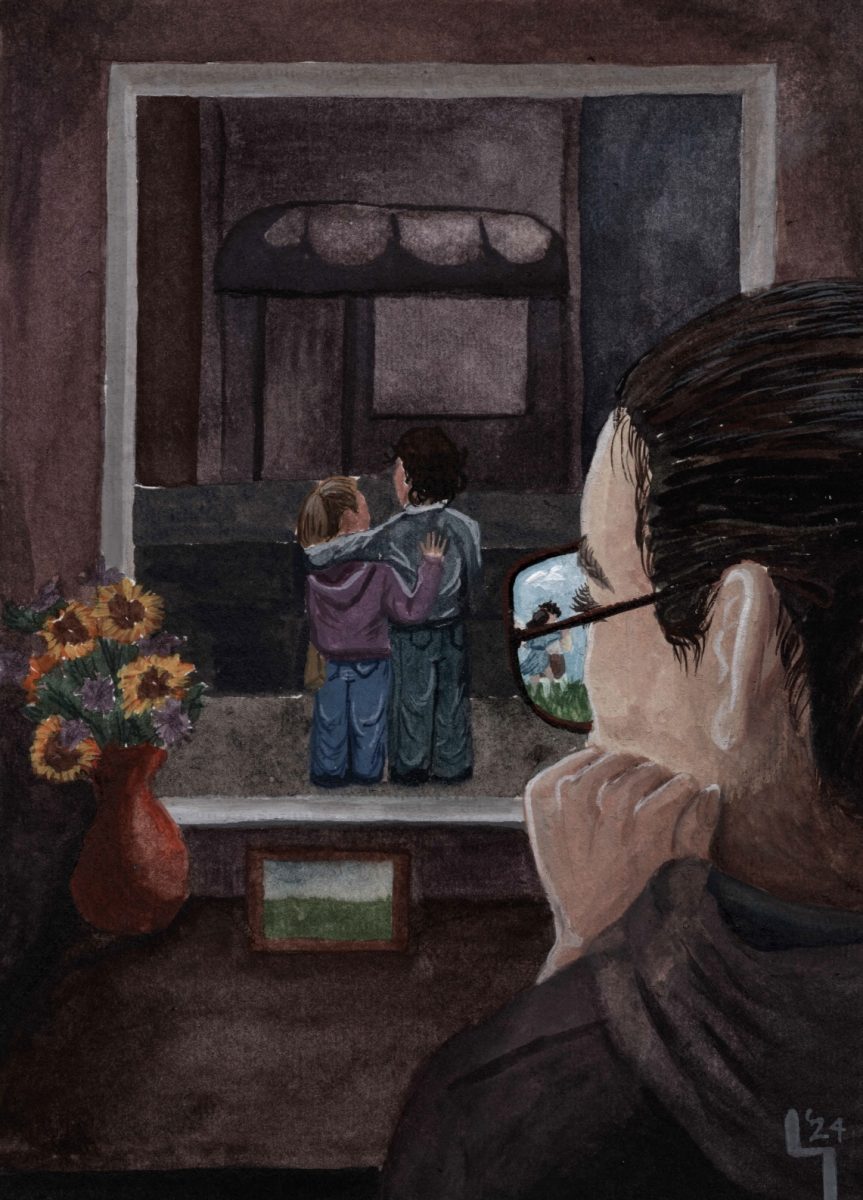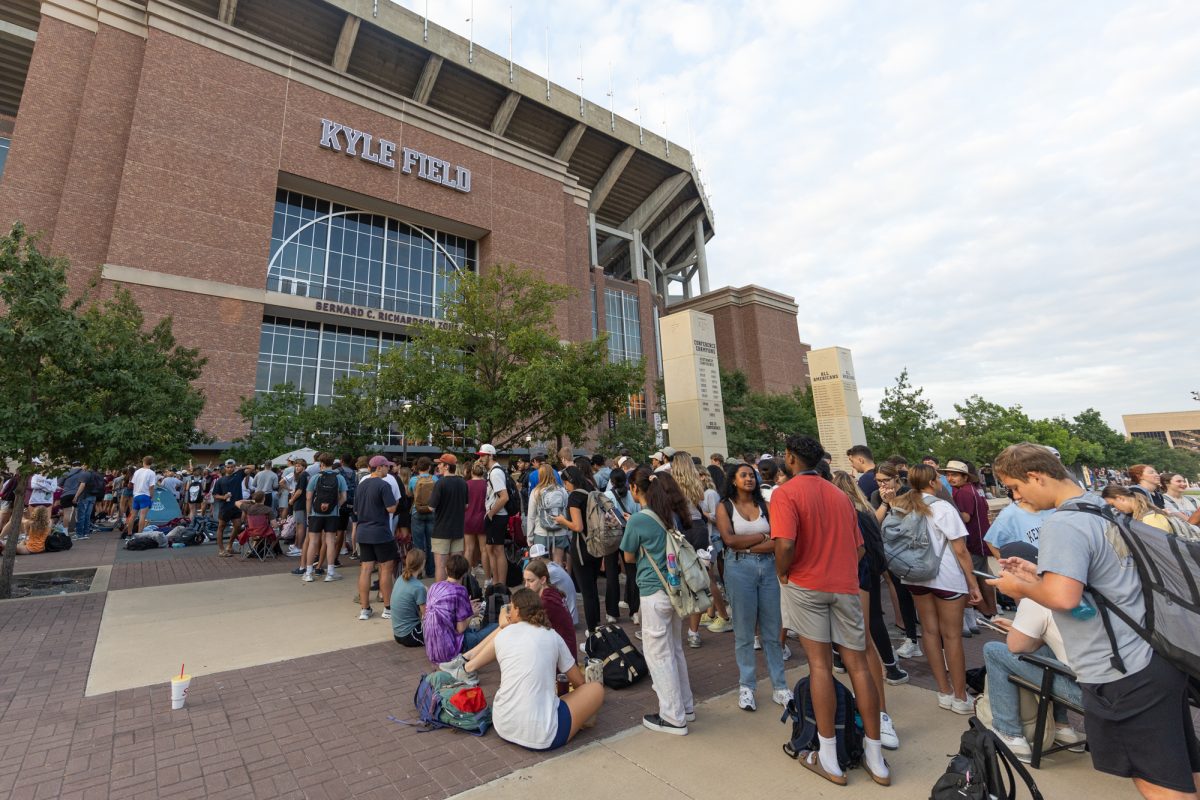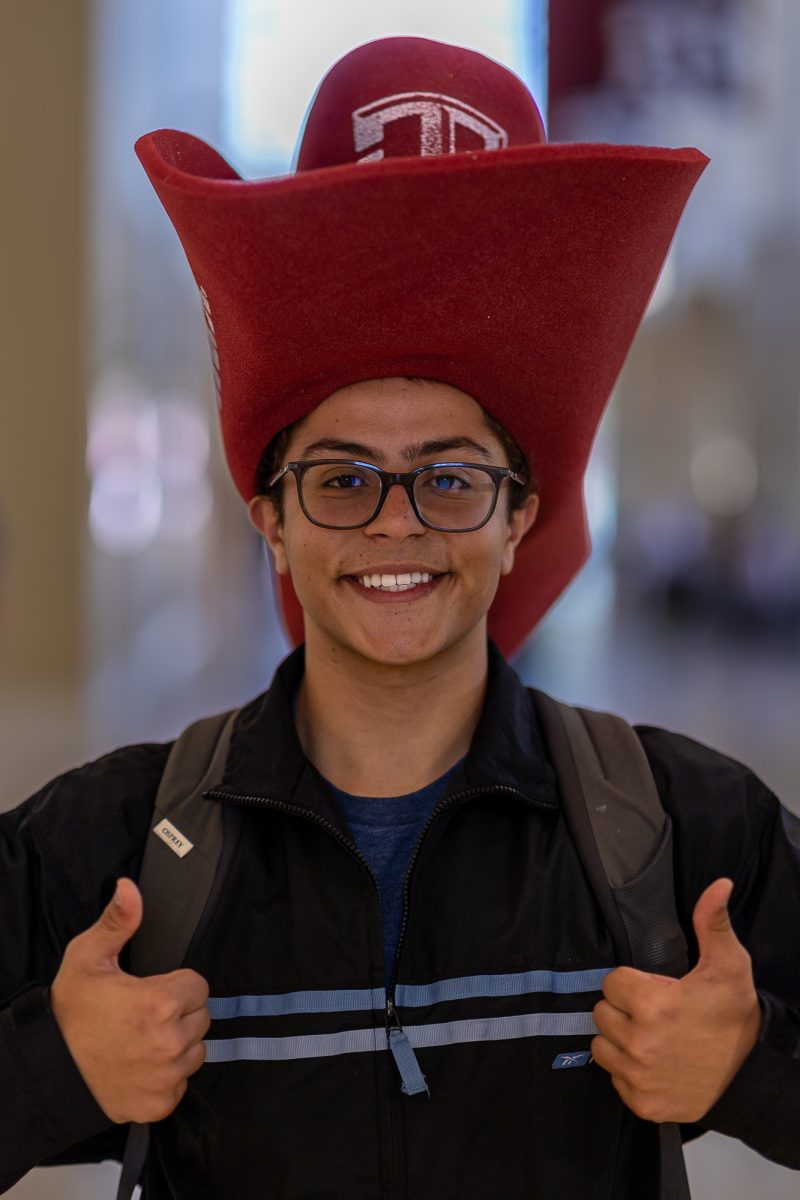On September 11, 2001 my religion was hijacked by terrorists.
As a second grader, my mind couldn’t comprehend or even begin to grasp the horrific incidents of that day and certainly not the permanent effects it would have on my life as a result. The day I would decide to wear my hijab, the Islamic head scarf Muslim women wear, would be different as people begin to see me in a whole new light. My father, Mohammad, would be judged instantly by his name. Islamophobia would spread across the nation. The word itself denotes fear of Islam — a fear based on a misunderstanding my religion, largely due to the media’s portrayal of it. The words “terrorism” and “Islam” and “Muslim” would become interchangeable and be seen as one in the same.
According to FBI Uniform Crime Statistics, in 2001 the number of hate crimes against Muslims skyrocketed to 500 compared to approximately 50 in the year 2000. The FBI reported in 2002 that hate crimes against Muslims had increased by 1600 percent. By 2004 only one in four Americans expressed a positive opinion of Muslims. And 46 percent believed that Islam was more likely than other religions to encourage violence. In 2005, six in 10 Americans thought Islam promoted violence, and half of them held Islam in a negative light. An entire religion — with 1.6 billion followers — labeled by the actions of the few.
My faith and religion, Islam, derives from the word Salam, meaning peace in Arabic. However, after 9/11 it is seen as the complete opposite.
Since then, every school year came with the dreaded question, “Does anyone remember where they were when 9/11 happened?” and me, having to stare down at my desk wanting nothing more than to be invisible as I felt glances from my peers and the misconceptions that shape their perceptions of me and my religion.
Being in public with my hijab, I know some people automatically judge me and everything I am and believe as a result of 9/11. One distinct memory comes to mind. I was walking in a department store with my brother and an older woman looks at me and says to her granddaughter, “I’ve never seen one of them before.”
“Them.” I couldn’t bear to think what she thought of me and my faith. Terrorist. ISIS. Al-Qaeda. Jihad. Bin Laden. Oppressed. The list goes on and on.
Two thousand, nine hundred and seventy-seven people lost their lives as a result of 9/11. However, something some neglect to remember is in this number are Muslims who worked in the Twin Towers, who lost their lives.
I used to always think that there are extremists in every religion. However, I’ve come to realize that no religion teaches hate, corruption and terror. Any religion, no matter what it may be, has the capacity to teach love, acceptance and peace. Religion is a way of life. Terrorism has no religion. And those who commit horrendous acts like 9/11 aren’t members of any faith — they abuse faiths.
As a proud American and Aggie, I am so blessed to live in the land of the free and the home of the brave. I’m grateful to live in a country where I have the right to practice my own faith freely, but I ask you to get to know my religion by getting to know me and other Muslims.
My fellow Aggies, on this solemn day, we remember the lives lost on 9/11 as a result of terrorism. I ask you to remember those who have also lost their lives due to terrorism around the world. I ask you to remember those who lost their lives from hate crimes due to misconceptions of Islam. Lastly, I ask you to remember those who still live in crisis, oppression and suffering as a result of terrorism.
Shahd Elbushra is a sociology junior and news reporter for The Battalion.



